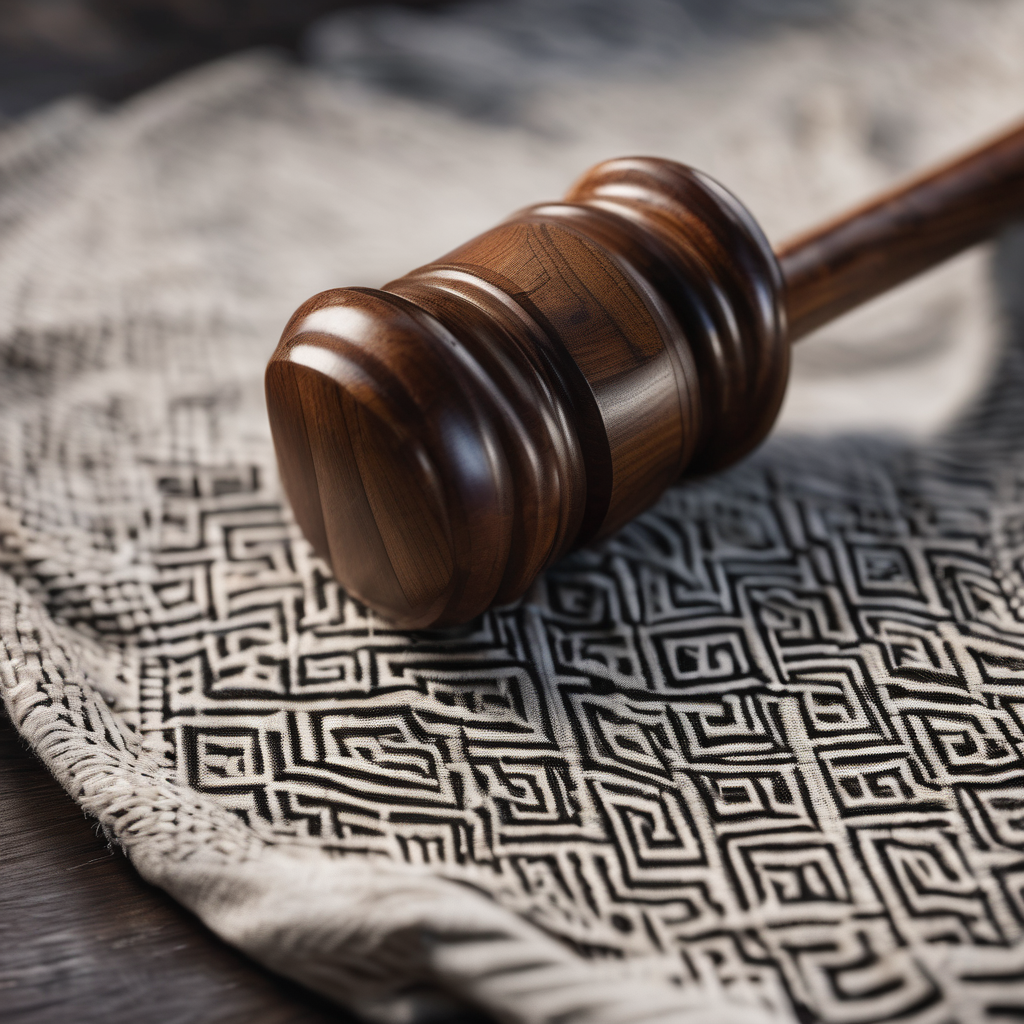Fiji has received significant attention in the 2025 Human Rights Measurement Initiative (HRMI) report for its notably low score in the area of torture and ill-treatment. Achieving only 5.5 out of 10 in this category, the nation registers in the “Safety from the State” section of the civil and political rights assessment. This score reflects ongoing challenges that Fiji faces in addressing human rights issues related to the treatment by authorities. Despite this, there are areas of commendable progress such as the abolition of the death penalty, where Fiji excelled with a perfect score of 10.
The HRMI report indicates that scores below 6 denote serious systemic abuse concerns. In addition to challenges with torture and ill-treatment, Fiji’s score for forced disappearance is 7.3, extrajudicial execution is at 7.0, and arbitrary arrest stands at 6.0. Collectively, these result in a national score of 6.4, placing Fiji in the middle range globally for protection from harm by the state.
These findings align with persistent issues highlighted by the United Nations and various human rights organizations that urge Fiji to reform legal frameworks that currently hinder freedoms of expression, assembly, and press. The report calls attention to the necessity of accountability, transparency, and the improved treatment of vulnerable populations to boost human rights standards.
While the country has made advancements in areas such as justice administration and civic engagement, longstanding human rights issues and restrictive laws remain ongoing challenges. The international community continuously encourages Fiji to ratify significant international treaties and protocols to bolster human rights protections.
HRMI’s annual index serves as a critical tool for civil society and researchers, enabling them to monitor progress over time. As Fiji looks towards further reforms and preparations for assessments like the Universal Periodic Review, actively engaging with these recommendations presents an opportunity to enhance human rights protections, advocating for equality, justice, and dignity for all its citizens.
The efforts and collaboration between the Fijian government and civil society are crucial in tackling these human rights challenges. Even though concerns regarding human rights persist, there is optimism that continued dedication to reform will lead to a future where human rights in Fiji are respected and consistently upheld.
